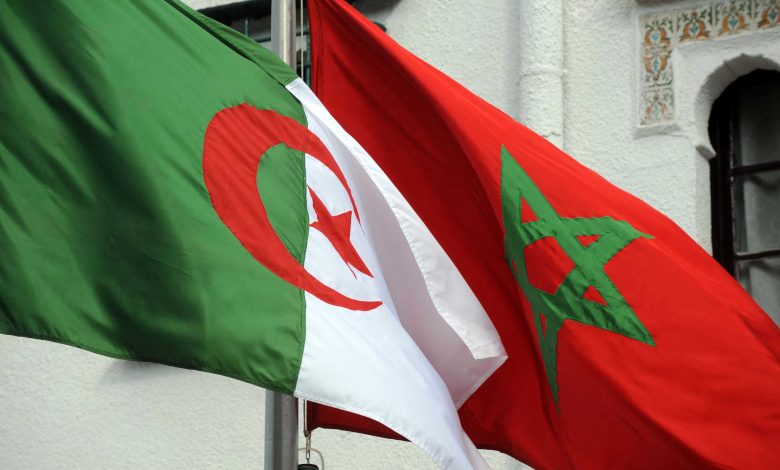Algeria pursues ineffectively Morocco’s expansion into distant geographical spaces
Morocco, as the first country in North Africa, has secured the status of a dialogue partner in ASEAN, enhancing its position as a preferred axis for this geopolitically and economically significant assembly

Algeria has officially submitted a request to join the Association of Southeast Asian Nations (ASEAN), a move that comes after its failure to join the BRICS group led by China and Russia. This step indicates a fervent effort to open external avenues and adjust its compass towards East Asia. However, this move is years behind those made by Morocco and Egypt.
Algeria’s eastward push appears to be part of efforts to emulate and pursue the diplomatic successes achieved by Rabat in distant geographical areas. It also seems to stem from frustration over the failure to join BRICS, as the country bet on its rapprochement with China and Russia to help secure membership. Nevertheless, joining the economic and political bloc is subject to uncompromising conditions and standards, including diplomatic, economic, financial weight, and political stability. These are elements that the aspiring state needs to add to the bloc.
The significance of Algeria’s move sheds light on a state of confusion experienced by Algerian diplomacy on both regional and international levels. It is also a rebound from an ambitious desire to outshine Morocco rather than a genuine intention to diversify international partnerships and enhance foreign relations, opening wider doors for an economy burdened by internal crises. Foreign Minister Ahmed Attaf announced that Algeria has officially applied to join the Treaty of Friendship and Cooperation, stating that the country seeks to “build strong relations with ASEAN, within the new direction set by Algerian President Abdelmadjid Tebboune in foreign policy.”
Amid diplomatic stumbling in the region, Algeria is contemplating seeking new regional alliances, including this group aimed at enhancing economic cooperation among its members. The country has not found a foothold in any regional group after its disappointment with the African Union.
Algeria’s request aims to expand its relations with Asian countries, given the weak economic cooperation with its allies in the region, including South Africa.
ASEAN includes Indonesia, Malaysia, Singapore, the Philippines, Thailand, Vietnam, Laos, Myanmar, Cambodia, and Brunei. However, the Friendship and Cooperation Treaty includes many other countries, and Morocco quickly strengthened its presence within it, becoming one of only seven countries with the status of “dialogue partner.” These include Switzerland, Turkey, Norway, the United Arab Emirates, Brazil, South Africa, and Pakistan.
This decision also recognizes Morocco’s role as a pole of stability in Africa and the Arab world, reflecting the dynamics of partnerships between Morocco and Southeast Asian countries. The initial agreement to grant Morocco the status of a “dialogue partner” was announced during the 56th meeting of ASEAN foreign ministers in Jakarta in July 2023.
Just a few days before that, on August 24, the BRICS group rejected Algeria’s request to join, while accepting requests from other countries, including Saudi Arabia, the UAE, Egypt, Iran, Ethiopia, and Argentina. This rejection came despite President Tebboune’s vigorous efforts, even publicly requesting Russian President Vladimir Putin to support Algeria’s bid.
Tebboune revealed in an interview with national media the interest in joining this economic group, affirming that “the organization is of interest to Algeria, considering it an economic and political power, and given the favorable conditions for joining in Algeria.” Algeria is seeking another outlet to confirm its position in alternative economic groups, facing investment difficulties south of the Sahara amid growing security challenges.












